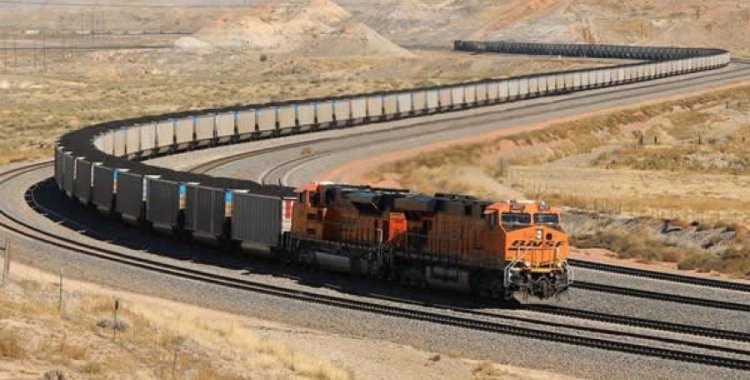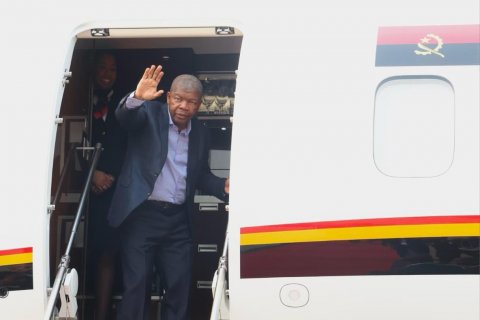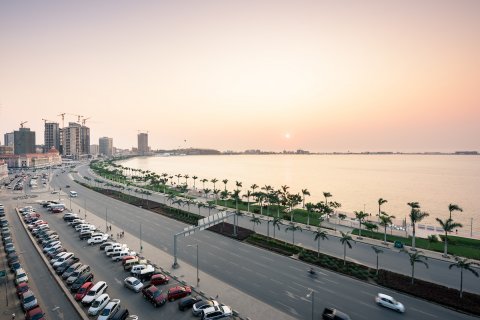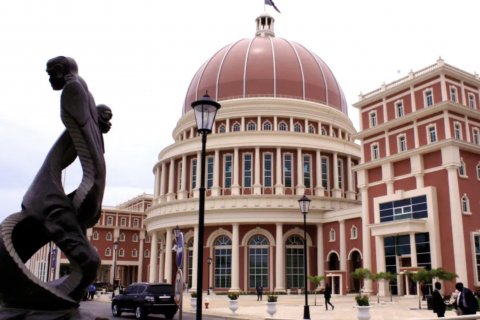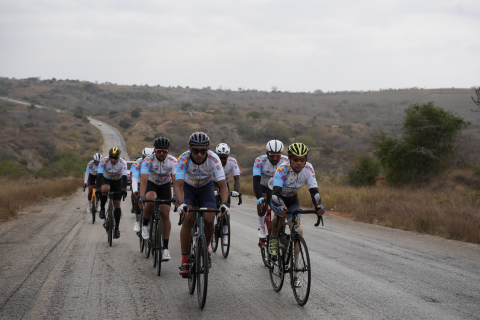The strategic railway infrastructure, which connects the Port of Lobito in Angola to the Democratic Republic of Congo (DRC), to facilitate the flow of minerals and goods, has been at the heart of US economic diplomacy and was the backdrop for a visit by former President Joe Biden in December 2024 and a visit by ambassadors led by US ambassador James Story in April.
The project has the support of the G7 – Group of Seven most industrialized countries, the European Union, the US International Development Finance Corporation (DFC) and the Exim Bank – Export-Import Bank of the United States, and was recognized by James Story and the European diplomats who accompanied him as a model of international cooperation.
Despite this, the DFC financing – around 250 million dollars announced in February 2024, plus 553 million dollars earmarked for the modernization of the railway and port – has not yet been disbursed.
This fact is, however, downplayed by the LAR consortium, which holds the concession for the Lobito Corridor, which ensures that its shareholders continue to support ongoing investments.
Despite the growing importance of the Lobito Corridor, the US presence in Angola continues to be dominated by oil.
Chevron has been present in Cabinda since 1954, through its subsidiary CABGOC – Cabinda Gulf Oil Company, operating in the exploration and production of crude oil.
ExxonMobil (Esso) also maintains a significant presence, such as in Block 15, and has announced new investments that could amount to 15 billion dollars by 2030.
In 2013, Angola LNG – Angola Liquefied Natural Gas, a consortium led by Chevron, began operations in Soyo to produce liquefied natural gas, with a capacity of 5.2 million tons per year.
Also in the energy sector, Halliburton and other oil and gas service providers maintain an active presence in the national market.
In recent years, the objective of economic diversification, reiterated by the executive, has also been embraced by the North Americans.
Since 2022, the Exim Bank has announced that it has granted 2.9 billion dollars in financing for projects in Angola, mainly in three key sectors: renewable energy, infrastructure and telecommunications.
Among the energy projects, the company Sun Africa stands out, with Exim Bank guarantees for the installation of solar parks and in the telecommunications sector, Africell — an operator of Lebanese origin but with North American capital — began commercial operations in Angola in April 2022, increasing competition in this market.
Diplomatic relations between the two countries were formalized in 1993, when the United States officially recognized the Angolan government.
Since then, they have evolved not only through investment, but also through agreements such as the TIFA (Trade and Investment Framework Agreement), which establishes the framework for trade cooperation, and the AGOA (African Growth and Opportunity Act), which grants preferential tariff-free access to thousands of African products in the American market.
In the area of security and health, the partnership has included programs to combat HIV/AIDS, strengthen laboratory capacity, vaccination and support for epidemiological surveillance systems, but some of these efforts have been significantly cut due to budgetary restrictions at USAID (United States Agency for International Development), the American development aid agency, by decision of the American President, Donald Trump.
In the area of education, the United States embassy in Luanda has been offering Fulbright scholarships for master's and doctoral degrees and research programs in the USA.

